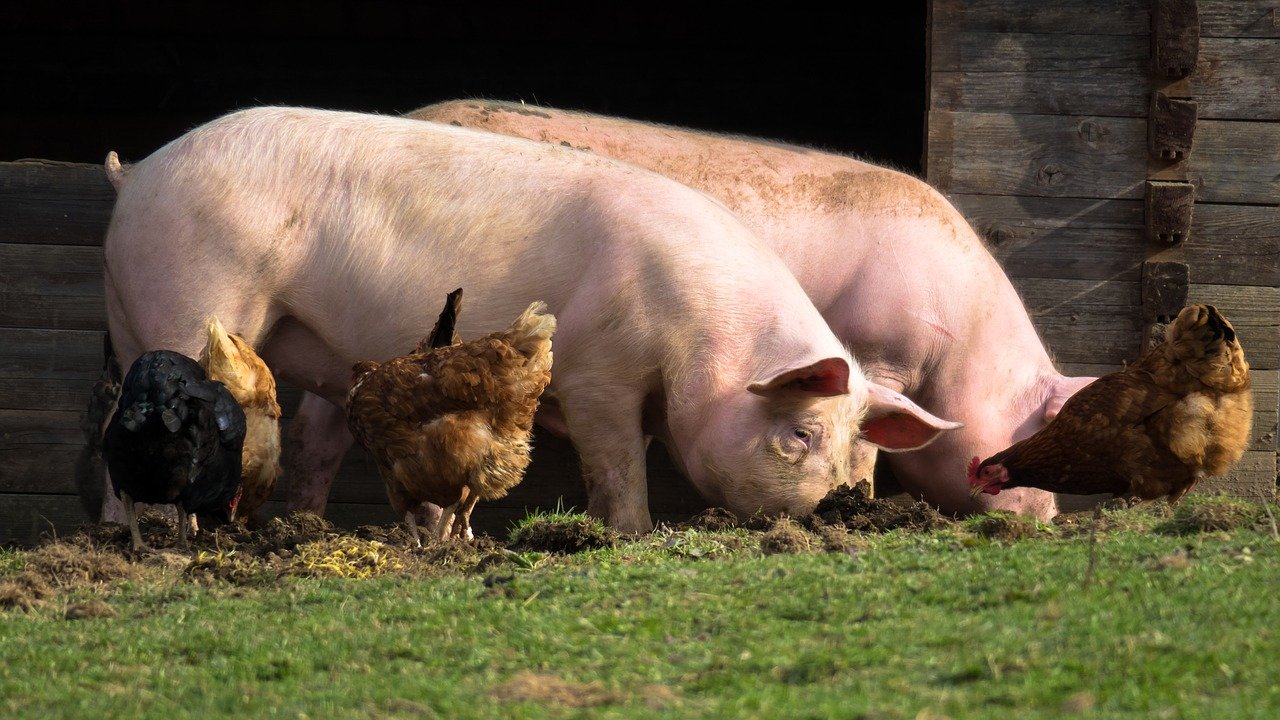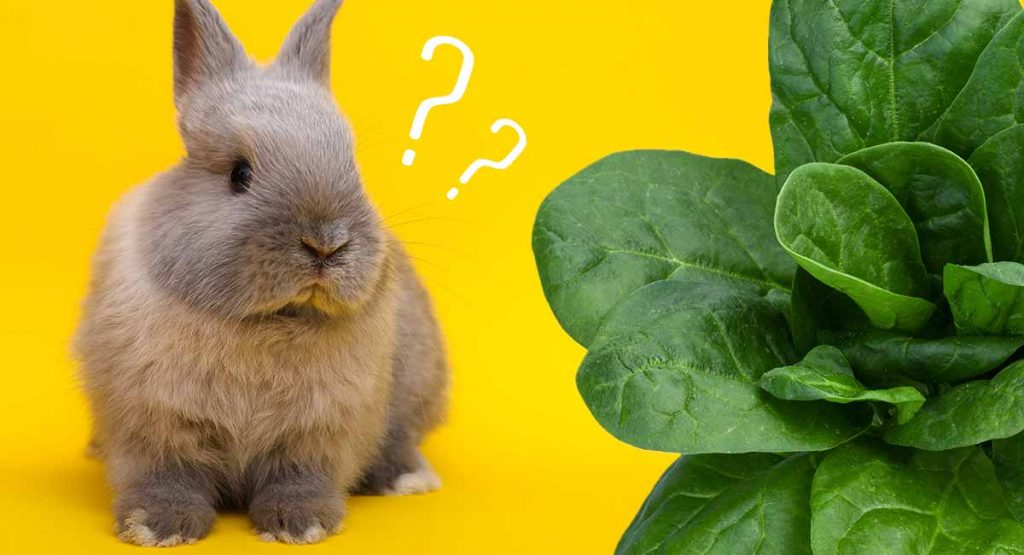Not all vegetables, grasses, or fruits can be eaten by rabbits. Some weeds and vegetables are healthy for bunnies, and some foods can not be eaten by rabbits.
Whether you’re giving hay, and your rabbit diet consists of natural food only or you offer processed foods in a can to your rabbits, it’s important to understand how feeding and digestion work in rabbits.
Foods that Rabbits can Eat
What vegetables can rabbits eat?
Rabbits can eat different kinds of vegetables, especially dark leafy green veggies.
Can rabbits eat fresh Mint?
Rabbit’s digestive system can tolerate mint, and fresh mint is rich in carbs, protein, minerals, and vitamins in good proportion to the bunny’s health.
Can rabbits eat Endive?
Yes, Endive is edible for rabbits and well tolerated.
Can rabbits eat Pumpkins?
Rabbits are usually attracted to pumpkin leaves, it’s soft and sweet and it’re rich in dietary fiber.
Can rabbits eat Apricots?
Apricots are suitable but should not constitute more than 10% of the diet, and the kernel should be removed before you serve it to rabbits.
Can rabbits eat cabbage?
Both red and white cabbage should be given to rabbits, however, in low quantity especially when you give it to young rabbits. I prefer to give my rabbits Chinese cabbage.
Others to be offered in small quantities or avoided are Chicory, carrot green, endive, corn salad, peppers, tomatoes, zucchini, carrot, parsnip, cucumber, asparagus, Jerusalem artichoke
Herbs: Thistle, basil, savory, broad-leaved plantain, watercress, tarragon, coltsfoot, chervil, caraway, marjoram, lemon balm, oregano, yarrow, ribwort, chickweed, chickweed, vetch. They are suitable as a delicacy (they should be offered in low quantities)
What Fruits can Rabbits Eat?
Can rabbits consume Apples?
Apples are generally safe for rabbits, and most varieties of apples can be consumed without any issues.
Your rabbit can also eat raisins, they are rich in minerals and vitamins, and other nutrients.
Can rabbits eat berries?
Yes, rabbits are known to love eating raspberries and blueberries without issues.
Can Apples eat grapes or bananas?
Both grapes and bananas can be eaten by rabbits, however, in low quantities since sugary fruits are not suitable for bunnies, they should also be used as supplements.
Can rabbits eat watermelon?
Rabbits enjoy eating watermelon since it’s soft and succulent in their mouth.
Can rabbits take Pineapple?
Pineapple should be given to rabbits occasionally, not as a regular food to include in their diet.
Also, pear, Parsley, dandelion, lucerne, kohlrabi leaves, clover, bromine, currant, nettle rosehip, lovage, peppermint, and mushrooms (These fruits should also be given in low amounts since they contain a lot of calcium)
Fruits such as peach, pineapple, tangerine, and kiwi, can also be given to your bunnies.
Foods that Rabbit can not Eat
Can rabbits eat spinach?
It’s always advisable not to give spinach to your rabbits. Also, kale should not be offered to bunnies.
Can Rabbits eat Lettuce?
Lettuce such as iceberg lettuce is not very suitable for rabbits as some farmers claimed.
Iceberg lettuce contains lactucarium, and it can harm your bunny if consumed in high quantities.
Can rabbits eat Cheerios?
Cheerios should be offered in a small quantities to your bunnies
Can rabbits eat Mango?
Only a ripe and soft mango should be given to adult bunnies.
Can rabbits eat potatoes?
The potato should be avoided. Potato food and peels are rich in fiber, but also starch, and they can take a long time to be digested by bunnies.
Both sweet potatoes and white potatoes are not toxic but not easy to digest.
Cereals: Barley, oats, corn, wheat, and rye are not suitable because they’re too high in calories.
Other foods that are not recommended for rabbits to take are the following.
Artichoke, eggplant, cauliflower, bean, broccoli, pea, potato, garlic, chard, sprouts, beetroot, daisies, rosemary, sage, chives, avocado, plum, rhubarb, coconut, dates, nuts, sunflower seeds.
Rabbit Feeding Tips
Since your rabbits are not likely to live as they’d do in their natural habitat, there are some feeding tips to help your rabbit farm.
- Never change your rabbit’s diet quickly. Reduce the amount of your grain food or can food very slowly.
- Bunnies that have not been properly fed for a long time should have their diet changed from a cereal-based diet to cereal-free dry food in the meantime.
- You should offer fresh grasses to your rabbits daily and encourage them to feed on hay rather than straw.
- Hay is the staple food! It should be available in their barn 24 hours a day
- Straw is the optimal bedding material (also a raw fiber source)
- Your rabbit should have constant access to fresh water, and you should always check on them to know if they’re eating and taking water.
- Green and wet fodder can be offered to rabbits twice daily.
- Do not offer excess calcium because it can cause urinary calculus and lead to bladder stones.
- The fresh feed should consist of 4-5 components daily to keep the fluid intake constant.
- Vegetables and grasses may be fed wet, but not stored wet ( They decay quickly).








